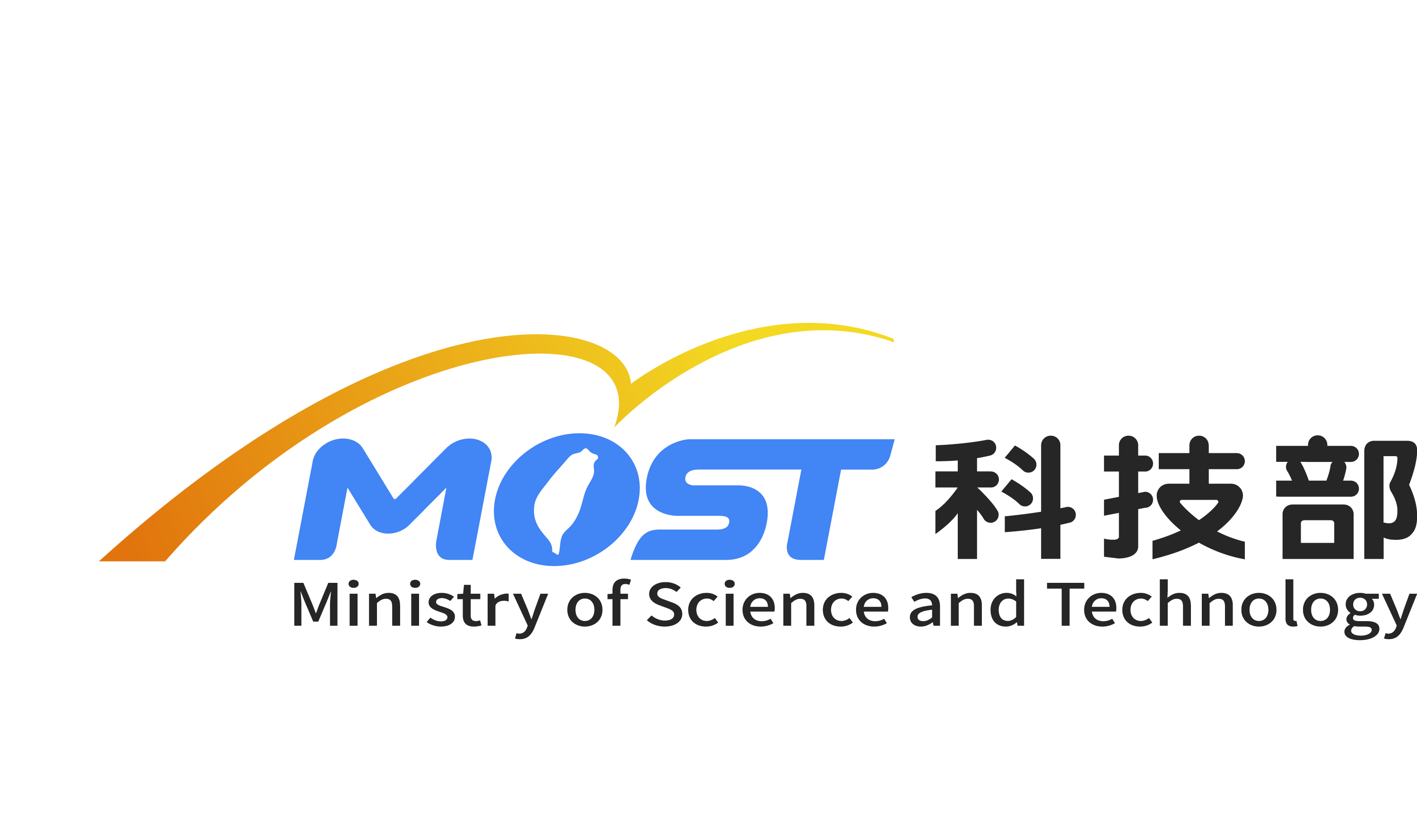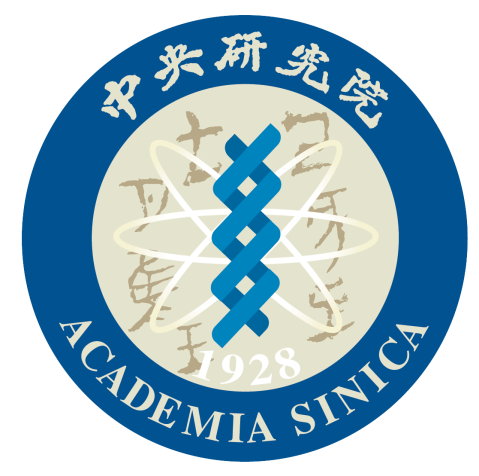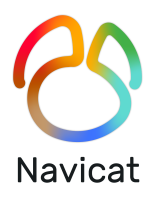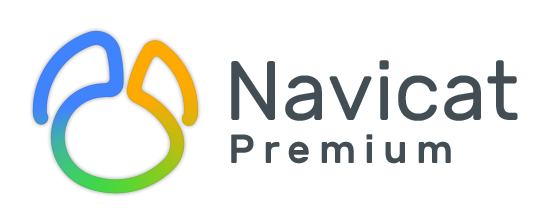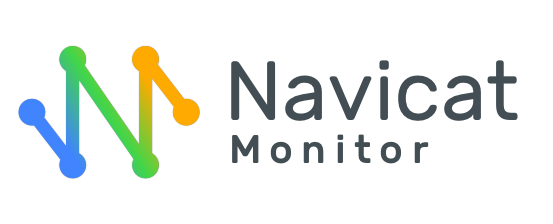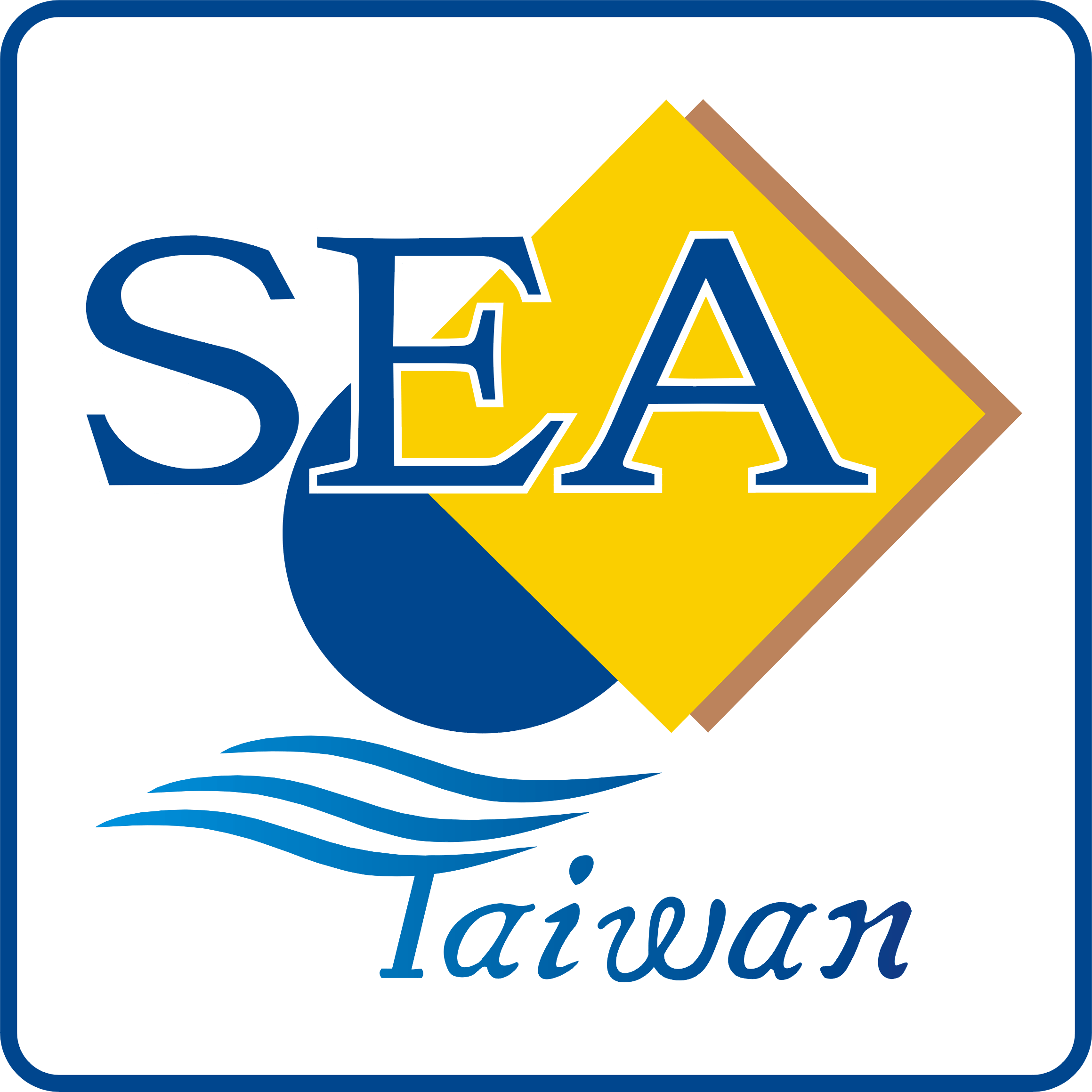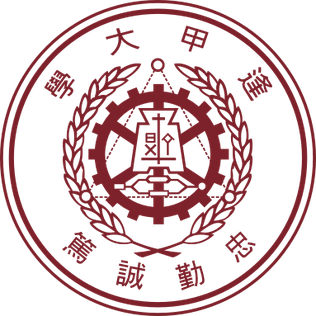Steering Committee
Katsuhisa Maruyama, Ritsumeikan University, Japan (APSEC
Steering
Committee Chair)
Muhammad Ali Babar, University of Adelaide, Australia
Sungdeok (Steve) Cha, Korea University, Korea
William C. Chu, Tung Hai University, Taiwan
Jin Song Dong, National University of Singapore,
Singapore
Jun Han, Swinburne University of Technology, Australia
Zhi Jin, Peking University, China
Jacky Keung, City University of Hong Kong, Hong Kong
Karl Leung, Hong Kong Institute of Vocational Education, Hong
Kong
Deron Liang, National Central University, Taiwan
Pornsiri Muenchaisri, Chulalongkorn University, Thailand
Sooyong Park, Sogang University, Korea
Danny Poo, National University of Singapore, Singapore
Steve Reeves, The University of Waikato, New Zealand
Shamsul Sahibuddin, Universiti Teknologi Malaysia, Malaysia
Hironori Washizaki, Waseda University, Japan
He (Jason) Zhang, Nanjing University, China
General Chairs
Jonathan Lee, National Taiwan University, Taiwan
Deron Liang, National Central University, Taiwan
Conference Chair
Nien-Lin Hsueh, Feng Chia University, Taiwan
Program Chairs
Shang-Pin Ma, National Taiwan Ocean University, Taiwan
Chun-Feng Liao, National Chengchi University, Taiwan
Workshop Chairs
Yung-Pin Cheng, National Central University, Taiwan
Shin-Jie Lee, National Cheng Kung University, Taiwan
ERA (Early Research Achievement) Chair
Yong-Yi Fanjiang, Fu Jen Catholic University, Taiwan
Poster Chair
Chiung-Hon Leon Lee, Feng Chia University, Taiwan
Industrial Chair
Chu-Ti Lin, National Chiayi University, Taiwan
Proceeding Chair
YungYu Zhuang, National Central University, Taiwan
Financial Chair
Wen-Tin Lee, National Kaohsiung Normal University, Taiwan
Registration Chair
Hsin-Min Chen, Feng Chia University, Taiwan
Publicity Chairs
Chih-Hung Chang, Providence University, Taiwan
Yung-Li Hu, Academic Sinica, Taiwan
Web Chair
Kuo-Hsun Hsu, National Taichung University of Education,
Taiwan
Local Arrangement Chairs
Ching-Hu Lu, National Taiwan University of Science and
Technology,
Taiwan
Chun-Hsiung Tseng, Yuan Ze University, Taiwan
Yung-Chun Chang, Taipei Medical University, Taiwan
Program Committee Members (APSEC 2021)
- Muhammad Ali Babar, University of Adelaide, Australia
- Doo-Hwan Bae, Korea Advanced Institute of Science and Technology (KAIST), Korea
- Kyungmin Bae, POSTECH, Korea
- Tse-Hsun (Peter) Chen, Concordia University, Canada
- Woei-Kei Chen, National Taipei University of Technology, Taiwan
- Yuting Chen, Shanghai Jiao Tong University, China
- Yu Chin Cheng, National Taipei University of Technology, Taiwan
- Shigeru Chiba, The University of Tokyo, Japan
- Eunjong Choi, Kyoto Institute of Technology, Japan
- Yunja Choi, KyungPook National University, Korea
- Lawrence Chung, University of Texas at Dallas, USA
- Hong-Jie Dai, National Kaohsiung University of Science and Technology, Taiwan
- Min-Yuh Day, National Taipei University, Taiwan
- Hai Dong, RMIT University, Australia
- Stéphane Ducasse, National Institute for Research in Digital Science and Technology, France
- Ian Gorton, Northeastern University, USA
- Yann-Gaël Guéhéneuc, Concordia University, Canada
- Jun Han, Swinburne University of Technology, Australia
- Shin Hon, Handong University, Korea
- Chin-Yu Huang, National Tsing Hua University, Taiwan
- Liguo Huang, Southern Methodist University, USA
- Shih-Kun Huang, National Yang Ming Chiao Tung University, Taiwan
- Yennun Huang, Academia Sinica, Taiwan
- Omar Khadeer Hussain, The University of New South Wales, Australia
- Akinori Ihara, Wakayama University, Japan
- Takashi Ishio, Nara Institute of Science and Technology (NAIST) , Japan
- Yu Jiang, Tsinghua University, China
- Young-Ae (Claire) Jung, Sunmoon University, Korea
- Gregory M. Kapfhammer, Allegheny College, USA
- Jacky Keung, City University of Hong Kong, Hong Kong
- Mucheol Kim, Chung-Ang University, Korea
- In-Young Ko, Korea Advanced Institute of Science and Technology (KAIST), Korea
- Takashi Kobayashi, Tokyo Institute of Technology, Japan
- Chia-Hsu Kuo, National Kaohsiung Normal University, Taiwan
- Jong Yih Kuo, National Taipei University of Technology, Taiwan
- Lien-Fu Lai, National Changhua University of Education, Taiwan
- Karl Leung, Hong Kong Institute of Vocational Education, Hong Kong
- Bixin Li, Southeast University, China
- Jingyue Li, Norwegian University of Science and Technology, Norway
- Yi-Ching Liaw, Nanhua University, Taiwan
- Che-Chern Lin, National Kaohsiung Normal University, Taiwan
- Jim-Min Lin, Feng Chia University, Taiwan
- Nai-Wei Lin, National Chung Cheng University, Taiwan
- Yih-Chuan Lin, National Formosa University, Taiwan
- Alan Liu, National Chung Cheng University, Taiwan
- Chien-Hung Liu, National Taipei University of Technology, Taiwan
- David Lo, Singapore Management University, Singapore
- Jung-Hua Lo, Fo Guang University, Taiwan
- Yung-Feng Lu, National Taichung University of Science and Technology, Taiwan
- Michael Rung Tsong Lyu, The Chinese University of Hong Kong, Hong Kong
- Ka Lok Man, Xi'an Jiaotong-Liverpool University, China
- Katsuhisa Maruyama, Ritsumeikan University, Japan
- Hidehiko Masuhara, Tokyo Institute of Technology, Japan
- Pornsiri Muenchaisri, Chulalongkorn University, Thailand
- Hideto Ogasawara, Chiba Institute of Technology, Japan
- Mizuzo Osamu, Kyoto Institute of Technology, Japan
- Jiann-I Pan, Tzu Chi University, Taiwan
- Sang Oh Park, Chung-Ang University, Korea
- Seungmin Rho, Sejong University, Korea
- Shamsul Sahibuddin, Universiti Teknologi Malaysia, Malaysia
- Paul Strooper, University of Queensland, Australia
- Yu-Sheng Su, National Taiwan Ocean University, Taiwan
- Yulei Sui, University of Technology Sydney, Australia
- Shahida Sulaiman, Universiti Teknologi Malaysia, Malaysia
- Yang Syu, Academia Sinica, Taiwan
- Masateru Tsunoda, Kindai University, Japan
- Naoyasu Ubayashi, Kyushu University, Japan
- Farn Wang, National Taiwan University, Taiwan
- Feng-Jian Wang, National Yang Ming Chiao Tung University, Taiwan
- Hironori Washizaki, Waseda University, Japan
- Don-Lin Yang, Feng Chia University, Taiwan
- Ye Yang, Stevens Institute of Technology, USA
- Cheng-Zen Yang , Yang Yuan Ze University, Taiwan
- Dow-Ming Yeh, National Kaohsiung Normal University, Taiwan
- Norihiro Yoshida, Nagoya University, Japan
- Fang Yu, National Chengchi University, Taiwan
- He (Jason) Zhang, Nanjing University, China


